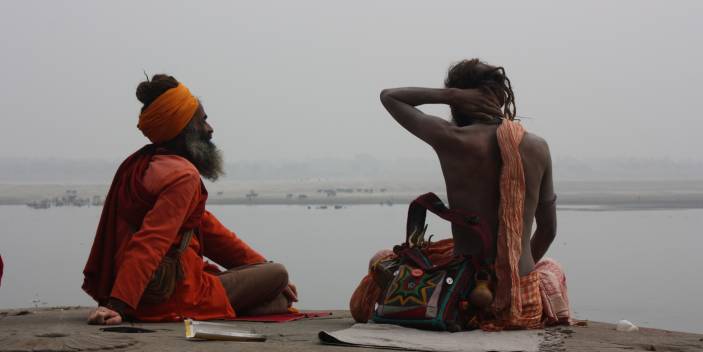
Growing prevalence of mental health disorders in older populations is an emerging public health challenge in India.
There are some 3.7 million people in the country currently living with dementia, according to Dementia India Report of 2010 (pdf). This figure is expected to double by 2030 and, with the number of older people projected to grow to 325 million by 2050, the country is at a great risk of an aggravated mental health challenge, while other conditions, including depression, delirium and anxiety, are also consistently rising.
Particularly at risk are those older people living in remote, rural settings who, amid poverty, lack of literacy and poor health services, are especially vulnerable to mental health conditions.
ARDSI conference in India
Alzheimer’s and Related Disorders Society of India (ARDSI), a member of Alzheimer’s Diseases International, recently organised its national conference in Mumbai, India to explore mental health and the issues surrounding it.
Attended by physicians, social workers, NGOs representatives and academics, discussions covered a wide range of topics, including the socioeconomic status of older people, treatment and care, alternative therapies, and how schemes will be financed. The discussions led to the possibility of new partnerships and collaborations between attendees on mental health interventions, which is a promising move forward.
GRAVIS’ work in India’s Thar Desert
GRAVIS, a HelpAge International affiliate from India, participated in the conference and presented its work in India’s Thar Desert, focusing on older people’s mental health challenges. It is a neglected region of the country where older people live in abject poverty and in very poor health.
By training older people on mental health issues through older people’s associations, building the capacity of caregivers and health workers, and developing linkages with the government’s health services, GRAVIS hopes to address the impact of mental health in Thar.
One way it is doing this is through developing a group of specially trained mental health counselors in the desert who will provide support to older people living with mental health problems, as well as their families.
Key to GRAVIS’ approach to tackling mental health is promoting self-care. This includes awareness generation and training for older people and their caregivers to better understand mental health issues and how to care for those who have such conditions.
Inter-generational change
The neglect of older people with mental health disorders is a serious problem, and often these issues remain hidden within homes where older people live a life of abuse and isolation.
A strong inter-generational approach to make younger people more sensitive to mental health issues is crucial part to address how older people with these conditions are treated.
This is a strong focus for GRAVIS, and to bridge the gap between older and younger it organises inter-generational gatherings in rural areas on mental health. These efforts sensitise younger generations on mental health issues, improving their understanding and subsequently reducing neglect and abuse of older people who have one or more of the conditions.
Future priorities
A lack of human resources is a significant problem when dealing with mental health disorders globally, and particularly in India.
Therefore, community-level capacity building and promoting self-care are two vital areas of importance. Meanwhile, harnessing older people’s associations as a hub through which to deliver training and building on inter-generational links is also crucial to ensuring older people with mental health challenges lead a life of respect and dignity.
With demographic changes that are evident, mental health disorders are a key public health priority. The needs of remote areas that have limited resources and facilities must be met to combat the growing mental health epidemic.
